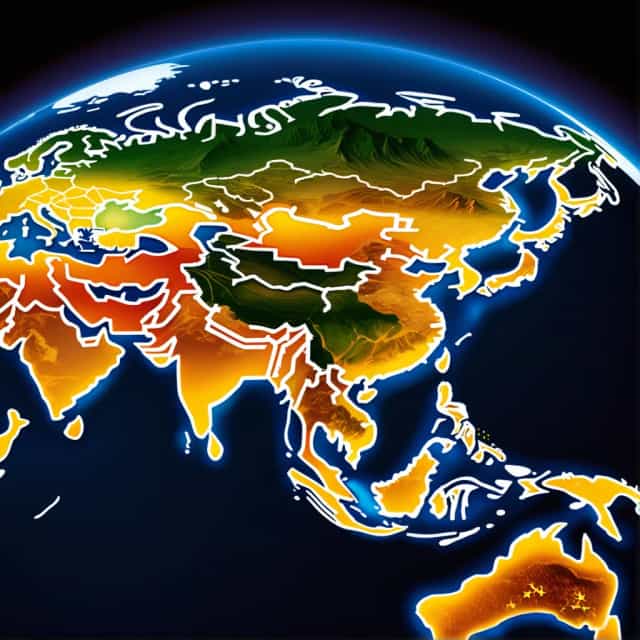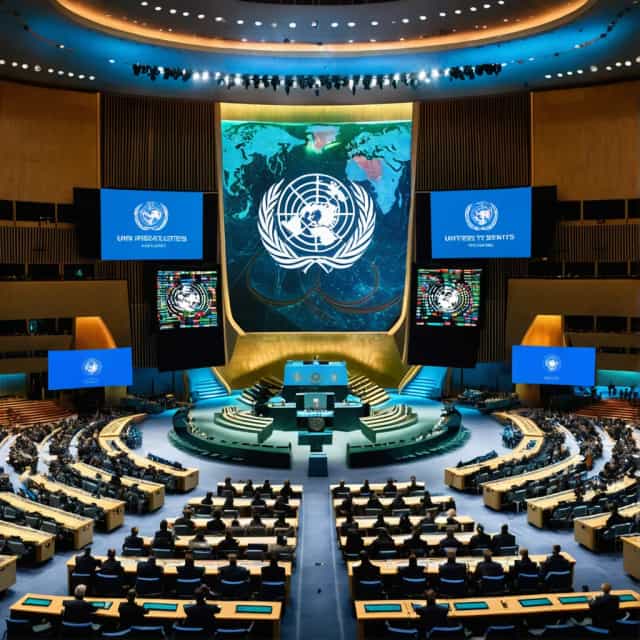
Image source: Block Media
Trump-Linked Cryptocurrency Project Under Fire Over Alleged Sales to Sanctioned Entities
A cryptocurrency venture tied to former U.S. President Donald Trump is facing mounting scrutiny amid allegations of financial transactions connected to sanctioned and adversarial nations. Recent investigations by crypto news outlet Bitcoinist and watchdog organization Accountable.US have revealed claims that tokens issued by the project were sold to wallets linked to high-risk entities, including those associated with North Korea and Iran. These revelations have added fuel to an already contentious political and regulatory debate due to the Trump family’s significant equity stake in the project.
Watchdog Investigation Highlights Risky Transactions
Accountable.US unveiled a detailed analysis of the cryptocurrency issuer, World Liberty Financial Inc. (WLFI), a Trump-associated entity, accusing it of selling tokens tied to buyers involved in potentially illicit or sanctioned activities. The report highlights specific wallet addresses linked to questionable sources, including accounts allegedly tied to North Korean networks and Tornado Cash, a cryptocurrency mixing platform flagged by global regulators for facilitating money laundering.
To support its findings, the watchdog presented transaction logs and wallet data, which have since sparked significant media coverage under the campaign moniker “American Sell-Out.” Tony Carrk, director of Accountable.US, emphasized the gravity of these allegations, stating, “Trump’s cryptocurrency project is enabling foreign actors to purchase influence and conceal their activities under the radar.”
Further concerns were raised when it was discovered that several token transactions involved foreign exchanges inaccessible to American residents. This has led to speculation that these buyers are either located outside the U.S. or leveraging such platforms to obscure their identities.
National Security Concerns and Foreign Influence
The watchdog's findings have heightened fears about the broader implications of WLFI’s operations, particularly from a national security perspective. The report suggests that cryptocurrency projects linked to prominent U.S. political figures could become conduits for sanctions evasion and foreign interference, presenting risks to American interests.
The watchdog revealed that the 14 largest WLFI token accounts collectively hold over 6.7 billion tokens, translating to millions in value. However, these accounts reportedly conducted transactions through platforms inaccessible to American users, raising flags about potential overseas connections or attempts to mask origin points.
Although the report stops short of directly accusing WLFI of intentionally breaking any laws, it calls for a formal probe into the cryptocurrency venture. Trump's public financial disclosures show that the Trump family owns approximately 22.5 billion WLFI tokens, valued at an estimated $5 billion. This considerable financial involvement has amplified calls for more stringent oversight, particularly concerning transaction monitoring and buyer transparency.
Market and Regulatory Fallout
The release of the watchdog report caused immediate turbulence in WLFI’s market activity. On the day the report emerged, the token price dropped sharply, reflecting growing investor apprehension. Since then, WLFI has been marked by continued price volatility, with allegations of irregular trading patterns and token freezes keeping investors, exchanges, and regulators on edge.
The controversy surrounding WLFI has spotlighted essential concerns about cryptocurrency oversight and international compliance. The project has become a flashpoint for debates at the intersection of finance, politics, and regulation.
As federal agencies and industry stakeholders dive deeper into WLFI’s practices and potential ramifications, the Trump organization’s response, coupled with the cryptocurrency market's reaction, will remain a focal point for ongoing scrutiny.










